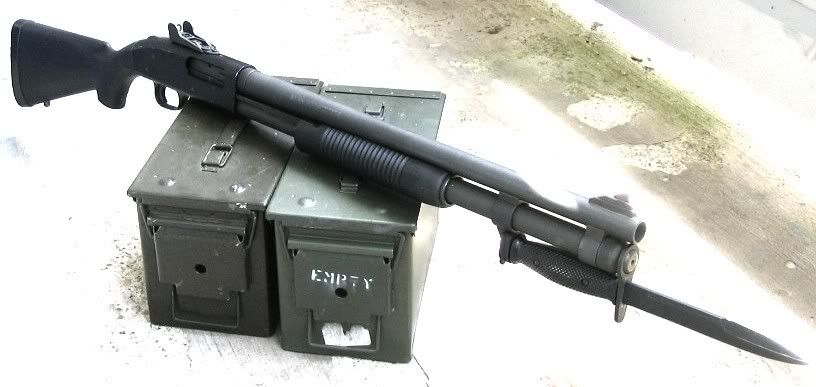NO, but when Carter & then Reagan began liberating the mentally ill, there is no place, other than jail/prison to put them/get them some help..
Many are in the prison system-what do you think can be done to help these mentally ill ppl??
Ford was President in 1975, when the ACLU and liberals sued in Court to make it unconstitutional to require the mentally ill to take their medication; unless it can be shown that they're a danger to themselves or others, but as soon as they're stabilized they can't require them to continue.
Reagan didn't "liberate" them, the case just happened to become law under his watch.
ACLU History: Mental Institutions
Spearheaded by the New York Civil Liberties Union's (NYCLU) Mental Patients' Rights Project, the shuttered world of people confined because of mental illness and developmental disabilities was one of the next major enclaves targeted for legal action. Bruce Ennis, Director of the Project, was a prime participant in several landmark cases that became the highpoint of the civil rights movement for people with mental disabilities. In Wyatt v. Stickney (1972) and Wyatt v. Aderholt (1974), Ennis challenged the conditions of hospitalization for those with mental illness and developmental disabilities, leading to significant reductions in the institutions' populations; major increases in expenditures for mental health and rehabilitative services; improvement in psychologist-patient ratios; significant reductions in the abuse of patients; and the adoption of the then-innovative concept of specific treatment and rehabilitation plans for each individual. The principles argued for by Ennis, and included in the judge's final order, were subsequently adopted by 35 other states. Another significant result of the Wyatt litigation was the formation of the Mental Health Law Project (MHLP), now the Bazelon Center in Washington, DC.
Ennis' most sensational case while at the NYCLU began with a class-action lawsuit filed in 1972 on behalf of the 5,400 residents of the Willowbrook State School for mentally disabled children in Staten Island. At the time Willowbrook was the biggest state run institution of its kind in the United States. Filthy conditions and questionable medical practices and experiments prompted Senator Robert Kennedy to call it a 'snake pit.' Public outrage grew after broadcast journalist Geraldo Rivera exposed the abhorrent conditions in a video showing developmentally disabled children lying naked on the floor, many of them in their own feces.
The three-year-long legal battle against Willowbrook culminated in a 1975 consent decree mandating significant reforms; but it took years of tenacious litigation and advocacy to force officials to improve conditions and supply the funds necessary for reform. Historians David and Sheila Rothman subsequently published a detailed account of this process in their widely-read The Willowbrook Wars. In 1983, the state of New York announced plans to close Willowbrook, and the last children left the grounds in 1987. The nationwide publicity generated by the Willowbrook case helped contribute to passage of the Civil Rights of Institutionalized Persons Act of 1980
The ACLU's most important Supreme Court case involving the rights of people with mental illness was filed on behalf of Kenneth Donaldson, who had been involuntarily confined in a Florida State Hospital for 15 years. He was not dangerous and had received no medical treatment. In a landmark decision for mental health law in 1975, a unanimous Supreme Court ruled that states cannot confine a non-dangerous individual who can survive on his own, or with help from family and friends.





